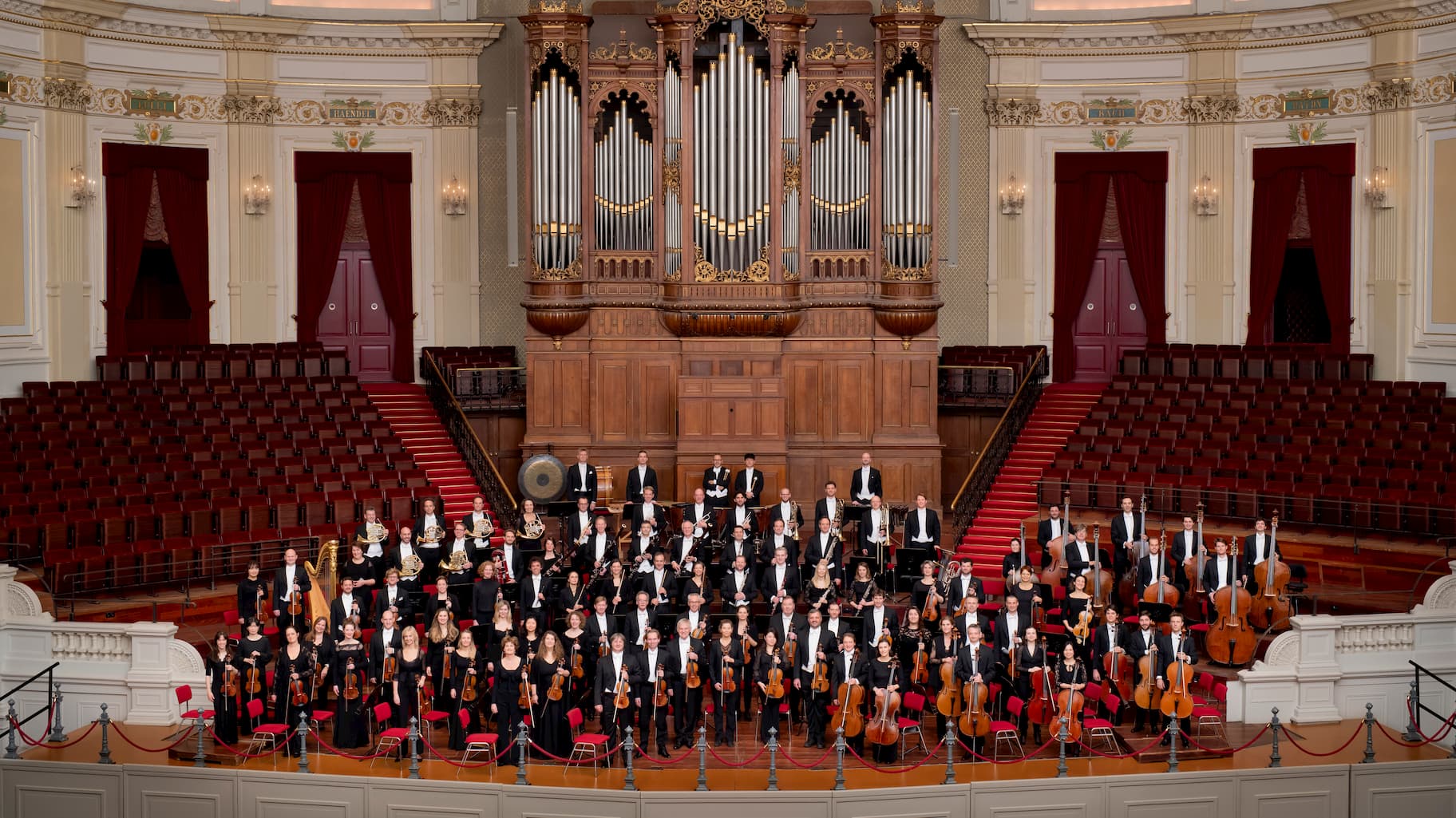Iván Fischer to conduct the Concertgebouw Orchestra in Amsterdam and Budapest
Musicians Concertgebouw Orchestra and Budapest Festival Orchestra perform Beethoven Side by Side as part of Bridging Europe

The Royal Concertgebouw Orchestra will perform Beethoven’s Symphony No. 5 under the baton of its honorary guest conductor, Iván Fischer, on 14, 15 and 16 September. The first two concerts will be opened by Bartók’s Dance Suite followed by Violin Concerto No. 1 with Barnabás Kelemen, who is making his Concertgebouw Orchestra debut.
The concert on 16 September is specifically intended for an audience of 35 and younger.
Bridging Europe
The concerts are part of Bridging Europe, an annual festival initiated by Fischer to create a cultural bridge between two European cities, in this case Amsterdam and Budapest. While the concerts with the Concertgebouw Orchestra feature a Hungarian composer (Bartók) and a Hungarian soloist, on Saturday 17 September at The Concertgebouw Fischer conducts his own Budapest Festival Orchestra in a Dutch composition (Louis Andriessen’s Workers Union), which is followed by Mozart’s Concerto for Two Pianos and Orchestra featuring Dutch pianists Lucas and Arthur Jussen, and Beethoven’s Symphony No. 3, ‘Eroica’. ‘Beethoven is the bridge’, Fischer explains. Both programmes will be performed at Budapest’s Müpa a week later.
Side by Side
Members of both orchestras will be performing together on stage, sharing music stands ‘Side by Side’ in Amsterdam on 17 September and in Budapest on 24 September during the finales of Beethoven’s Third and Fifth symphony, respectively.
Music as cultural and political bridge
‘A bridge has many meanings’, Fischer explains in an interview for Preludium music magazine. ‘For musicians, a bridge is the piece of wood which connects the strings to a string instrument’s body. The instrument connects the player tot he sound. In the case of Bridging Europe, music – and culture in general – connects two cities with different languages. Music is an extremely good connector: if we really want to transcend nationalist egoism and integrate Europe, music can help by offering a language all Europeans speak and understand. I wish political decision-makers in Europe would realise how useful we musicians can be. Initiating this mini festival, in which two different cities are bridged each year, is my own small contribution.’